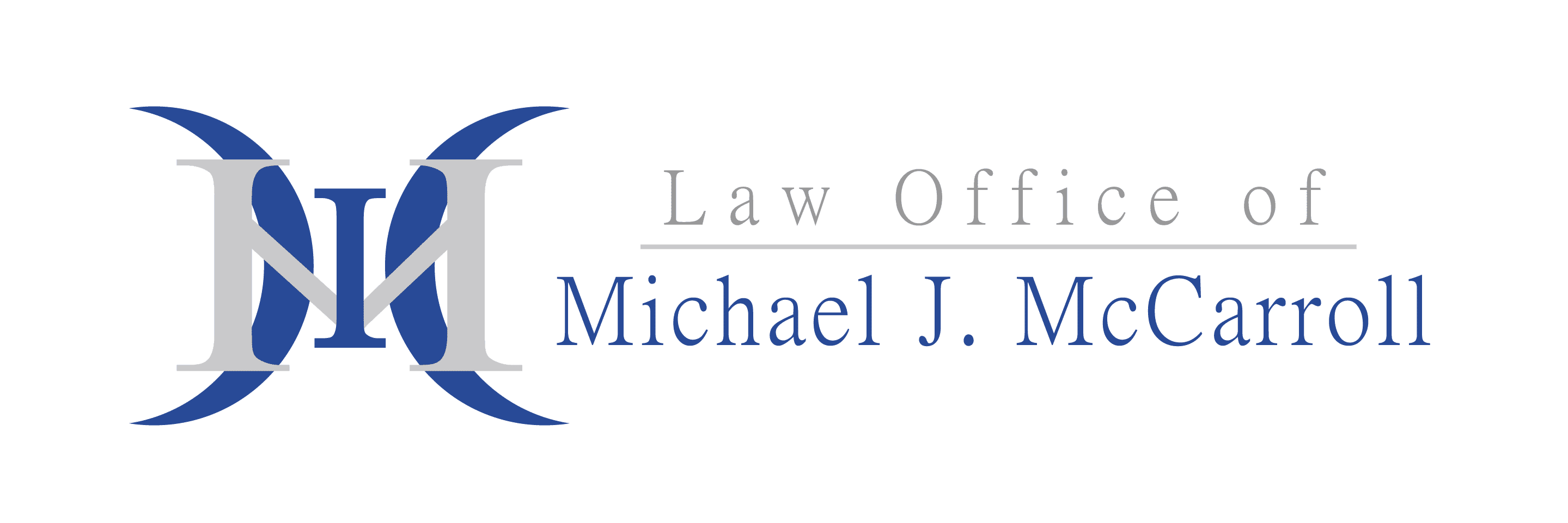Matter of KAGUMBAS, 28 I&N Dec. 400 (BIA 2021)
This is an unfortunate case where the immigrant was so unprepared, and the witness testimony was so sloppy, that it looked like the immigrant may have been committing marriage fraud. Although the Form I-130 was approved by USCIS, the Immigration Judge decided that the immigrant was not eligible for adjustment of status since he did not show that he had a bona fide marriage.
Further conflating the roles of USCIS and EOIR, and in an apparent sequel to Matter of Mavis Nyarko MENSAH, 28 I&N Dec. 288 (BIA 2021), the BIA upheld the decision. According to the BIA, the Immigration Judge had the ability to deny the application for adjustment of status on discretionary grounds and because the Immigration Judge had the ultimate responsibility to determine eligibility for adjustment of status according to regulation.
An applicant for adjustment of status, in this case the respondent, has the burden of proof, which includes showing eligibility for the requested relief. See section 240(c)(4)(A)(i) of the Act, 8 U.S.C. § 1229(a)(c)(4)(A)(i) (2018) (stating that an applicant applying for relief or protection has the burden to satisfy “the applicable eligibility requirements”). Furthermore, the Immigration Judge must “determine whether or not the testimony is credible, is persuasive, and refers to specific facts sufficient to demonstrate that the applicant has satisfied the applicant’s burden of proof.” Section 240(c)(4)(B). The Immigration Judge must weigh “the credible testimony along with other evidence of record” to determine whether the respondent has satisfied the burden of proof. Id. The Immigration Judge’s assessment of whether the respondent has met his burden of proof does not become merely a ministerial act simply because there is an approved I-130 visa petition.
It may no longer be possible to get an Immigration Judge to admonish DHS counsel that bona fides are not relevant where an I-130 has been approved.



